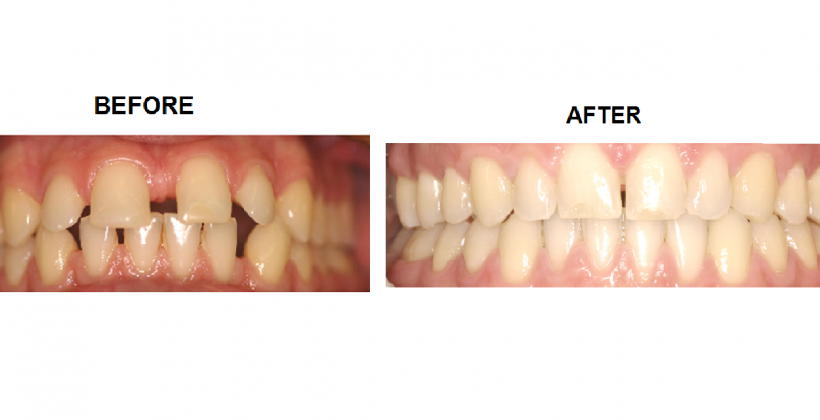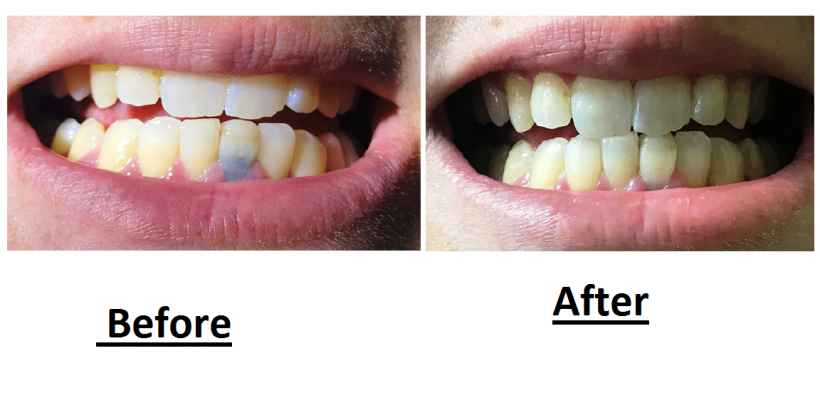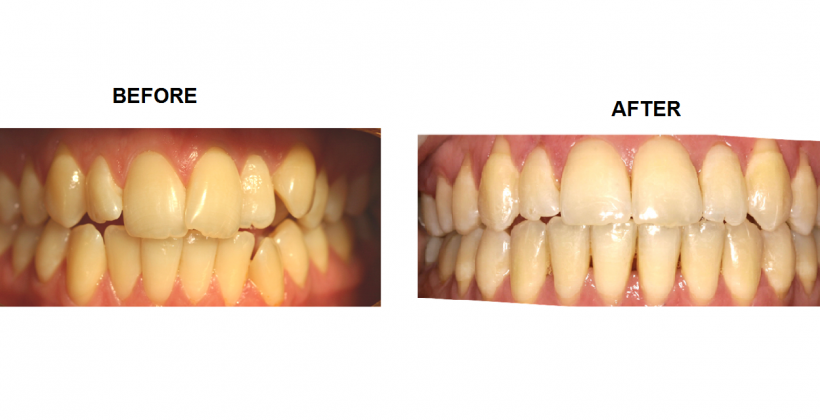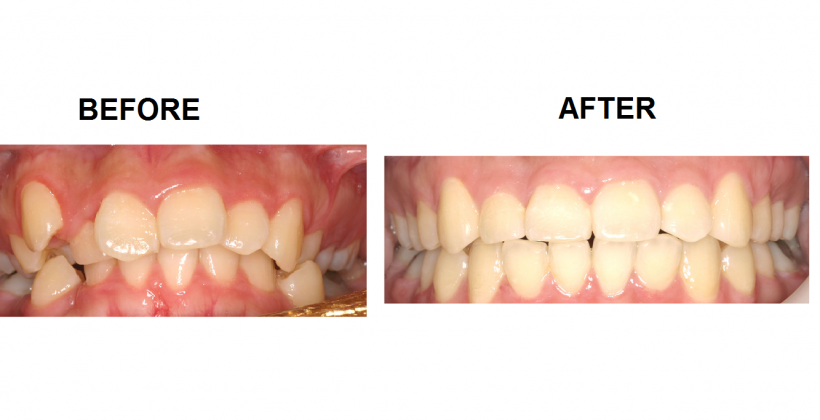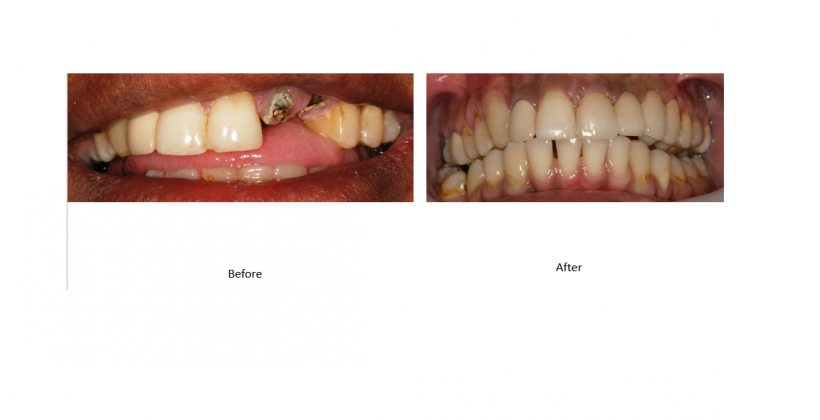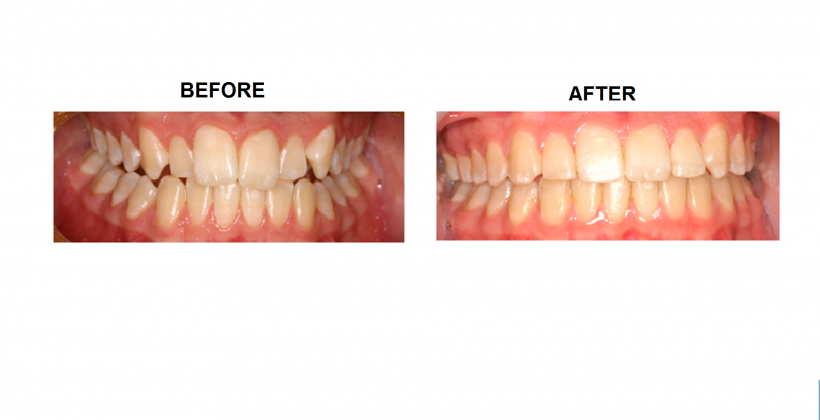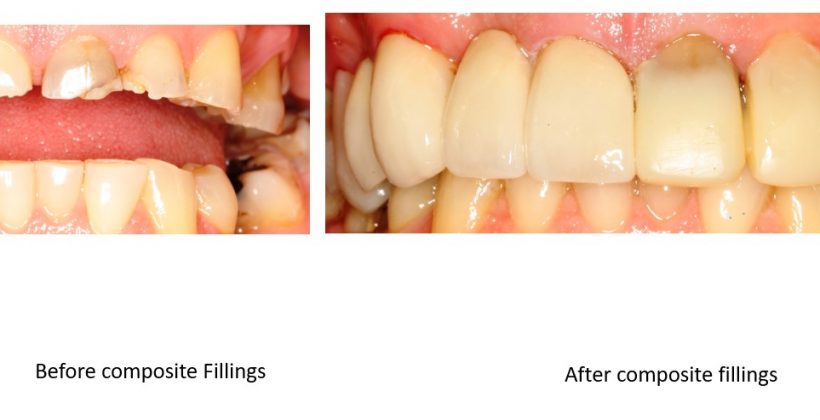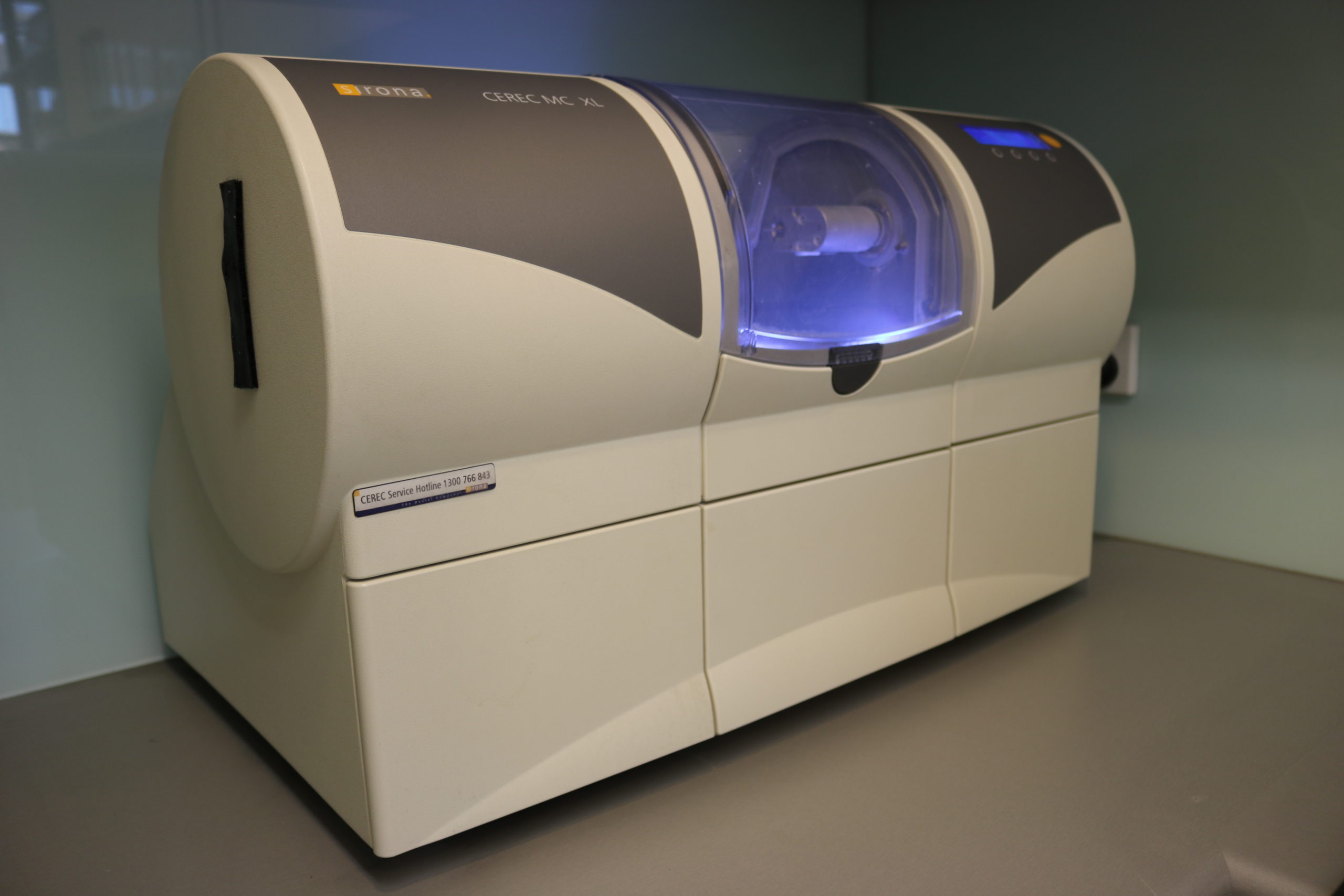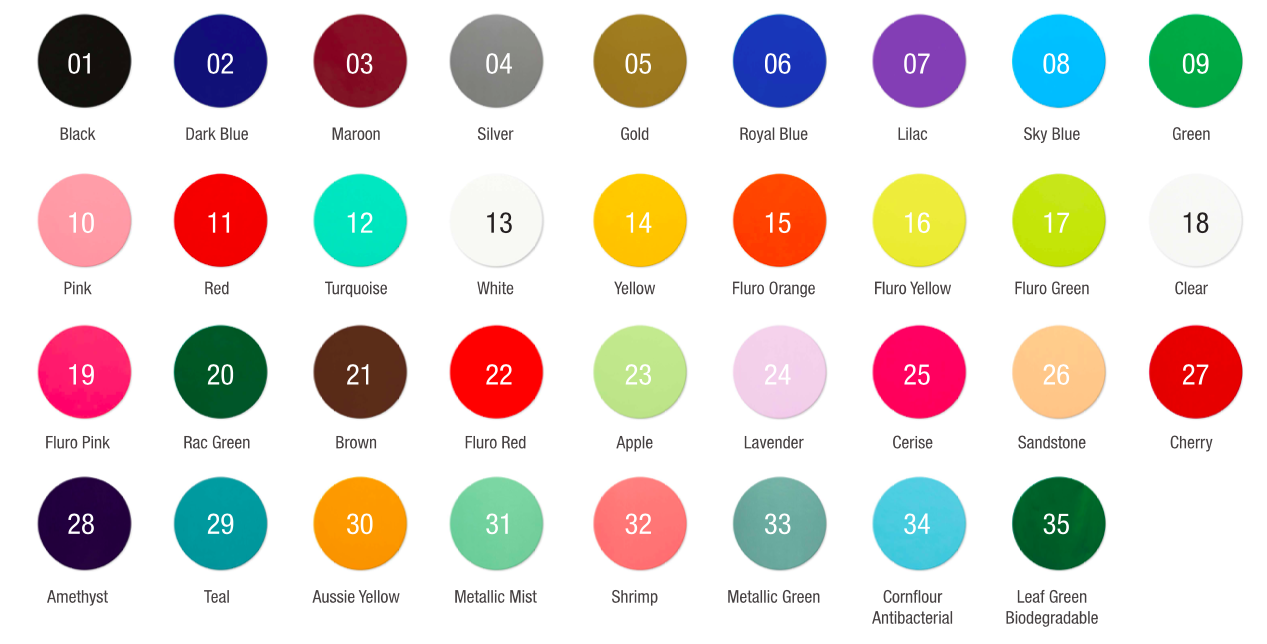Treatments + Services
General Dentistry
this is the diagnosis, treatment and management of your overall oral health needs which falls into 2 main areas:
- Gum care – regular scale and cleans maintain healthy gums and prevent gum disease. Gingivitis is the inflammation of the gums, it can present as red, puffy and bleeding gums. If gingivitis is left untreated it can lead to advanced gum disease or periodontitis, this can present as abscesses, gum recession, bad breath and can lead to premature tooth loss. If there is pre existing periodontitis a course of treatment may be necessary to stabilise the condition. Gum disease in the most part is preventable.
- Tooth care – to prevent tooth decay we offer fissure sealants, this is the application of a varnish into the fissures of the teeth to prevent cavities, we recommend this for all If cavities develop, the decay needs to be removed and a filling placed, we place white fillings at Preston Dental to prevent tooth pain. It is important to check the teeth regularly and to have up-to-date Xrays to detect decay in the early stages.
Cosmetic Dentistry and Smile Makeovers
Crowns:
What Is It?
A crown is a protective shell which covers the entire tooth, down to the edge of the gum – much like a crash helmet for your tooth. It is bonded over the entire tooth. It is made to fit precisely on your tooth by a specialised dental technician, and can be made to look exactly like a healthy, natural tooth. Crowns are also sometimes called ‘caps’.
Why Do I Need A Crown?
Your tooth has been damaged by decay, fracture or wear. It may be misshapen or discoloured. The placement of a crown is the best way in which your tooth can be restored. This gives some important benefits:
- your tooth can be made to look exactly like a healthy, natural tooth – with no fillings!
- your tooth will remain healthy for much longer, because it will be strengthened against fracture and wear
- chewing (even hard foods) will be comfortable again
- the nerve in your tooth will be better protected, reducing the chance of root canal treatment
- costly replacement of old fillings should no longer be needed in your tooth
What If I Don’ t Have a Crown?
The risk of serious breakage, nerve death and possibly eventual loss of your tooth is greatly reduced by having a crown placed over it.
What Is Involved?
Your dentist will first ensure that your tooth is free of decay, gum disease and nerve problems. Any existing fillings may be replaced, to remove underlying decay. The dentist then removes a thin layer from all surfaces of the tooth – this provides space for the thickness of the crown. A mould (‘impression’) is made of the tooth; this is sent to the specialist laboratory which will make the crown.
A temporary crown is fitted over the tooth, to keep the prepared tooth safe and comfortable during the period while the final crown is made.
At your final visit, the temporary crown will be taken off, the fit and cosmetic appearance of the new crown checked, and the crown is then permanently bonded over the tooth.
Cerec – a new alternative
A more recent technology called ‘Cerec’ allows beautiful porcelain crowns & fillings to be made in a single visit. We are proud to offer Cerec – ask your dentist about this option.
How Long Will My Crown Last?
International research shows that a crown which is properly made and fitted, and which is thoroughly maintained – by you and your dentist – should last 15-20 years or more. It is our aim to ensure that the crown we place on your tooth will last at least this long.
Will I Have Any Problems?
A crown is a long-lasting means of repairing, strengthening or beautifying your tooth – it should achieve these aims without causing problems such as discomfort or difficulty with chewing. Problems such as gum disease and decay under or around the crown can be prevented by proper dental home care and regular dental check-ups.
We stand by the quality of our treatment, and appreciate it when patients notify us of any problems related to their crowns as soon as possible. In most cases, any extra treatment required to remedy a crown-related problem will be done at no extra fee.
How Should I Care For My Crown?
You should care for your crown exactly like a natural tooth – proper tooth brushing and flossing, accompanied by regular dental check-ups. Your dentist will advise you of any other, special care requirements for your crown. Naturally, don’t use your crown in any way that you wouldn’t use a natural tooth – opening bottles, bending paper clips, and stripping insulation from wire are some of the more interesting tooth abuses we’ve seen!
Crowns(PDF)
Bridges:
Whether you have a missing or broken tooth, you may feel too self-conscious to smile. At Preston Dental Group, we can help you smile brighter and enjoy restored self-confidence with dental crowns and bridges. Our custom-crafted crowns and bridges have the appearance of natural teeth.
A dental bridge is utilised to replace missing teeth or ones that have been removed due to disease. A bridge is comprised of two crowns on either side of the missing tooth connected to an artificial tooth called a pontic in the middle.
These three “teeth” form the “bridge” that is matched to the colour of your teeth and then bonded into place to provide a permanent solution.
The bridge can be made from gold, alloys, porcelain, or a combination of these material.
The success of any bridge depends on its foundation — the other teeth, gums, or bone to which it is attached. Therefore, it’s very important to keep your existing teeth, gums, and jaw healthy and strong.
The Procedure
Your dentist will examine your mouth and the areas around the missing tooth to determine whether a dental bridge is appropriate for your situation.
If you are an ideal candidate, we will prep the teeth, which are on either side of the missing tooth (the one that will provide the anchors for the bridge), for crowns.
We will take an impression so that the bridge will fit precisely into the space and blend flawlessly with your existing teeth.
Before you leave, your dentist will insert a temporary bridge to protect the area until the permanent bridge is ready.
When you return for your next and final visit, your dentist will bond the permanent bridge into place.
If you practice scrupulous oral hygiene and visit us twice a year for dental check-ups, your new bridge should last for many years.
Bridges(PDF)
Veneers:
Porcelain Veneers at Preston Dental Group
If you’d like to brighten, repair or change the look of your front teeth, this simple cosmetic enhancement can resolve a wealth of concerns with a single treatment. Here at Preston Dental Group they’re custom-designed to suit your desires, boosting your appearance to your specifications.
What are Veneers?
There are two types of veneers – porcelain and composite resin. Porcelain veneers look a little like fake fingernails and are designed to be bonded to the front of the tooth. Each veneer is custom-made to a tooth and they look and feel very natural.
Composite resin veneers are applied one layer at a time to slowly cover the existing tooth. Each layer is shaped and cured by your dentist until the result is achieved.
Do you have uneven or chipped teeth?
Veneers can be the perfect solution to encase the surface of your front teeth. You can gain a better smile by improving your teeth colour, reshaping the appearance and hiding those imperfections.
What is involved in placing Veneers?
Porcelain veneers can straighten, lengthen, whiten and close gaps between teeth to optimise a desired smile and bite. A veneer is basically a conservative version of a porcelain crown as it covers all the visible surface of a tooth.
Teeth must be reshaped to some degree to ensure the porcelain veneers are not bulky and over-contoured. In other words, some outer enamel may need to be removed to allow space for the shell.
Reshaping teeth allows for many adjustments which is why your teeth can
be straightened to perfection. We use a special light to activate an adhesive which permanently bonds the porcelain veneer to the underlying tooth.
Porcelain veneers are very strong, never discolour and are stain resistant.
The Procedure for Veneers
First, we’ll have a consultation to determine that veneers are the best way to achieve your goals. Then, we’ll discuss what you can expect. Your veneers are designed in partnership with you to be certain that they meet your expectations and you’re completely delighted with the result.
The treatment is performed over two separate stages:
Stage One: The teeth are prepared to receive the veneers for a natural, functional look. Then, a mould is taken to ensure a seamless fit of the veneers.
Stage Two: We’ll bond the veneers to the teeth for a gorgeous smile.
Orthodontic Treatment and Appliances
Has your dentist recommended measures to correct crooked or misaligned teeth? If so, he or she probably suggested visiting an orthodontist. There are many orthodontic treatments for kids and adults. Braces and other appliances help straighten teeth so they are easier to clean, at less risk of disease and decay, and less likely to be lost early.
The range of orthodontic treatments and appliances available can treat an overbite, underbite, crossbite, or open bite. They can be used to fill spaces between teeth or missing teeth. These appliances may also correct crowding in certain areas of the mouth.
With an abnormal bite, you are at risk for various oral health problems, including:
- Tooth decay
- Gum disease
- Abnormal tooth enamel wear
- Jaw problems
- Tooth loss
- Speech problems
- Chewing difficulties
The information below will help you understand some of the most common appliances your orthodontist might recommend and what they’re designed to do.
Root Canal Treatment
What Is It?
Root Canal Therapy is a way of treating teeth whose nerves have died – it is a way of treating problems such as toothache and abscesses.
Why Do I Need Root Canal Therapy?
Your tooth has been damaged by decay, fracture or wear, which has caused the nerve inside (called the ‘pulp’) to become inflamed and die. This may be causing a toothache, or may have produced an ‘abscess’ in the jawbone near the tooth’s root (an abscess is an infection in the jawbone). By removing this dead nerve, we can return the tooth and jawbone to good health. This means:
- your toothache will be cured
- you will keep your tooth, meaning that chewing, speaking and your appearance won’t be affected
What If I Don’t Have This Treatment?
Your body cannot remove the dead pulp, so your toothache or abscess won’t disappear. This can eventually lead to loss of the tooth. It can also result in very serious, even dangerous infections. The only alternative to root canal therapy is removal of your tooth.
Will the Treatment Hurt?
Root canal therapy seems to have a lot of bad publicity! In reality, any treatment your dentist does should be quite comfortable for you. We take extra care during root canal treatment to ensure that you’ll be very comfortable throughout the treatment. We also take steps to ensure you are comfortable after treatment visits.
What Is Involved?
Root canal treatment involves removing the dead pulp, and disinfecting any bacteria which have entered the tooth. This is usually done in two stages. At the first visit, the tooth is completely numbed, any decay is cleaned away, and the dead pulp is carefully and thoroughly removed. Antiseptic rinses are used to wash the tooth as it is cleaned, and antiseptic paste is sealed inside the tooth at the end of this first visit. Your tooth should become quite comfortable very soon after this stage – usually straight away.
During the second stage of treatment (usually 2 weeks later), the antiseptic paste is washed out of the tooth and the area which contained the dead pulp is sealed with a special filling material. In many cases, your dentist will then place a permanent filling in the tooth at this same visit.
How Long Will this Treatment Last?
This is a quite complex form of dental treatment, which makes it hard to accurately predict the likelihood of permanent treatment success. We use the best methods & materials to ensure the best possible results, and we’re careful to not recommend root canal therapy where it is not likely to work. In reality, permanent success can never be guaranteed for any medical or dental treatment. However, we find that you will achieve a stable result in about 70% of cases. It is our aim to achieve results like this for your tooth.
Will I Have Any Problems?
One of our main concerns is to protect root canal treated teeth from breakage – often these teeth will have large fillings, and are quite fragile. Your dentist may therefore recommend that a ‘crown’ be placed over the tooth, to strengthen (and beautify) it. We want to ensure you keep this tooth for as long as possible – hopefully forever.
Any Other Questions?
Your Dentist is always available to discuss any questions you have about any aspect of your dental care. We look forward to working with you, to keep your smile in great condition
Digital XRAYs
We only use digital Xrays at Preston Dental, these make the process quicker and more comfortable for you and also allows us to use a far smaller and safer dose of radiation to obtain high quality, clear images. We offer OPG’s in house and our CBCT machine is used to create 3D images of your teeth and jaws, this can be useful for more complex treatments.
Dental Implants
Implants are used to either replace missing teeth or to make dentures more stable. The actual implant is a metal pin that’s embedded in the bone of your jaw, and it should become part of the bone. Once the bone has attached to the implant, a porcelain tooth (a ‘crown’), bridge or denture is fastened to the top of the implant. Taking care of implants ensures the supporting bone & gums are kept healthy. This is important to maximising the lifespan of implants.
But it’s not the same as cleaning your teeth – your dentist will give you specific advice and recommend special cleaning aids that you must use for your implants. Don’t ignore any of this advice – the survival of your implants depends on it.
Implant care occurs in 2 different stages – after the implant is first embedded into the jaw bone, and then after the final crown/bridge/denture is attached to the implant.
After your implants are first fitted
When your implants were first placed, your dentist gave you some instructions about how to care for them during the first few days after your surgery.
Cleaning
It will now be several weeks – or perhaps months – until your final crown/bridge or denture is fitted to the implants. It is very important to take good care of the gum over & around the implants during this time. Follow your dentist’s cleaning instructions, and use any special cleaning tools your dentist has recommended.
Watch for Problems
It’s very important to watch for signs of swelling, bleeding or pain around your new implants. If you have temporary crowns or bridges fitted over your implants, you should also look out for any signs that these are becoming loose or damaged in any way, or if they don’t feel correct when you bite. Contact your dentist immediately if you notice any of these things (even if they’re minor – we don’t mind dealing with ‘false alarms’).
After your crown/bridge/denture is fitted – Long Term Implant care
Eventually, your dentist will fit the final crown, bridge or denture onto your implants. These should last many years, and it’s up to you to care for them correctly every day.
Keep things Clean
You should floss and brush around your implants daily, along with your other teeth. This will help prevent gum disease, which can cause loosening (and possible loss) of implants. Your dentist will recommend special floss or other cleaning tools for use around implants. These are specially designed to prevent scratching of the implant metal where it sits outside the gum.
Avoid Breakage
If your implant has a tooth-coloured crown or bridge attached to it, you need to treat it the same as tooth enamel. The outer coating (porcelain) of your crown/bridge is tough, but it can break if it’s put under too much stress. Which means using it sensibly – don’t use it to crack hard nuts, chew on paper clips, strip meat from bones, crush ice…
Anything you chew which could damage natural teeth, could also damage your porcelain. This may be impossible to repair, meaning you’ll need a new crown or bridge. At worst (although rare), you could also damage the implant under your crown, possibly requiring surgery to remove the implant.
Get regular Dental Check-Ups
Like natural teeth, implants (and the bone & gums around them) should be checked regularly by your dentist to ensure they are performing properly. A regular dental check-up every 6 months is all you need for this.
Bridges
Rather than a single crown, your dentist may have placed a bridge on 2 or more implants. A bridge is used to replace missing teeth. It consists of at least 2 crowns, joined together by one or more porcelain ‘false’ teeth.
Caring for a bridge is similar to crown care. In general, you need to be more thorough with flossing around your bridge – you must floss carefully under the bridge’s false teeth (where they touch the gum) to clean away any build up of plaque or trapped food that could cause gum problems around the implants.
Dentures
An implant-supported denture is similar to a bridge – several teeth are attached to 2 or more implants. Like a bridge, you need to clean under the denture, as well as around the tops of the supporting implants. You should clean your denture & implants at least 2 times each day (even better, after every meal).
If your denture is designed to click in and out of your mouth (a removable denture), then you should always remove the denture to clean it(on all surfaces). Your dentist may have recommended a special cleaning brush or liquid for the denture.
While the denture is removed, you also have to clean the gums and the exposed tops of your implants. Do this gently, using the brush or other tools your dentist has recommended for this job. Rinsing your mouth with warm salty water is a great thing to do before you clip your denture back onto the implants.
If your denture is permanently fixed to the implants, then you clean it like a bridge, using any special cleaning tools your dentist has recommended.
Watch for Problems
Again, you should watch for problems like pain, swelling or bleeding around your implants, as well as loosening or breakage of the crown/bridge or denture that’s attached to them. Contact your dentist immediately if you notice anything like this, or are concerned about your implants in any way.
Implants are supposed to last a very long time. Follow your dentist’s instructions about caring for your implants, and you should achieve that.
TMJ & TMD
Headache, face pain, stiff neck & shoulders, sensitive teeth, cracked fillings, tooth wear… These are some of the signs that you may have a jaw joint problem that needs treatment.
We use a range of modern therapies for jaw joint problems, which can help you avoid serious future problems like pain & tooth loss. Many treatments are simple – including exercises done at home – which can make a huge difference to your enjoyment of life.
If your jaw problems are caused by badly aligned/crooked teeth, we can offer orthodontic care options. This means you can get a nicer smile, happier jaw joints, and better overall health.
We also work closely with chiropractors to enhance your treatment, since your jaw joint problems may be related to issues in posture, skeletal alignment, and body balance. As this chiropractic care starts to work, you should notice better posture and body balance, improved breathing and more restful sleep.
Snoring
Snoring is the hoarse or harsh sound that occurs when air flows past relaxed tissues in your throat, causing the tissues to vibrate as you breathe.
Nearly everyone snores now and then, but for some people it can be a chronic problem. Sometimes it may also indicate a serious health condition. In addition, snoring can be a nuisance to your partner.
Lifestyle changes, such as losing weight, avoiding alcohol close to bedtime or sleeping on your side, can help stop snoring.
In addition, medical devices and surgery are available that may reduce disruptive snoring. However, these aren’t suitable or necessary for everyone who snores.
Symptoms
Snoring is often associated with a sleep disorder called obstructive sleep apnoea (OSA).
Not all snorers have OSA, but if snoring is accompanied by any of the following symptoms, it may be an indication to see a doctor for further evaluation for OSA:
- Witnessed breathing pauses during sleep
- Excessive daytime sleepiness
- Difficulty concentrating
- Morning headaches
- Sore throat upon awakening
- Restless sleep
- Gasping or choking at night
- High blood pressure
- Chest pain at night
- Your snoring is so loud it’s disrupting your partner’s sleep
People with obstructive sleep apnoea usually experience periods when breathing slows or stops at least five times during every hour of sleep.
Risk factors
Risk factors that may contribute to snoring include:
- Being a man. Men are more likely to snore or have sleep apnoea than are women.
- Being overweight. People who are overweight or obese are more likely to snore or have obstructive sleep apnoea.
- Having a narrow airway. Some people may have a long soft palate, or large tonsils or adenoids, which can narrow the airway and cause snoring.
- Drinking alcohol. Alcohol relaxes your throat muscles, increasing the risk of snoring.
- Having nasal problems. If you have a structural defect in your airway, such as a deviated septum, or your nose is chronically congested, your risk of snoring is greater.
- Having a family history of snoring or obstructive sleep apnoea. Heredity is a potential risk factor for OSA.
Mouthguards
If you play contact sports, it is highly recommended that you wear a sports mouthguard to protect your teeth and jaws. Even if you do experience a traumatic injury while playing sport, wearing a sports mouthguard may give you a better chance of successful treatment and reduce the possibility of long term and permanent damage.
We offer a variety of mouthguard colour variants:


